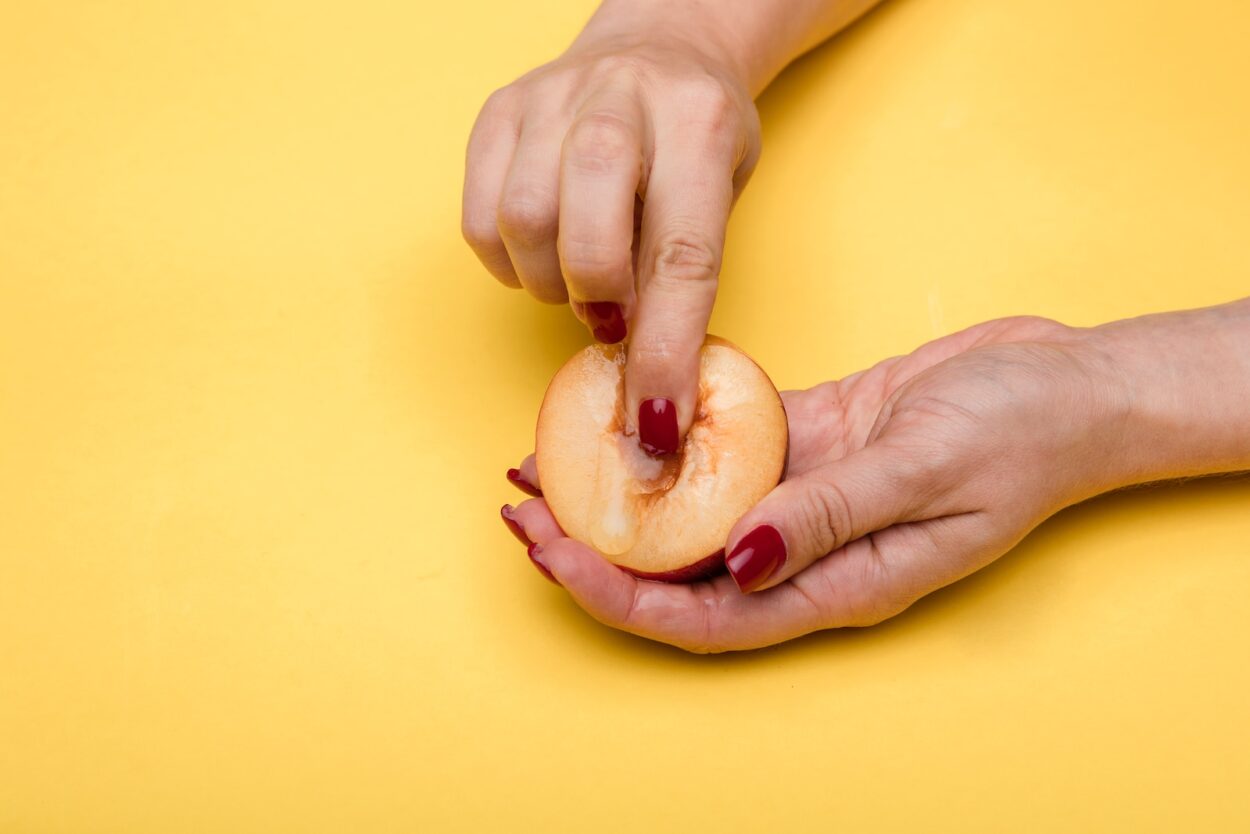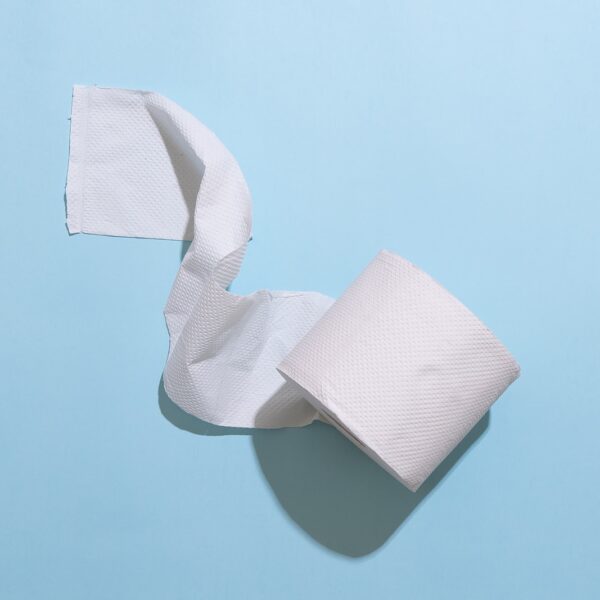Some vaginal cuts and tears are so serious, especially those that bleed heavily or ooze pus or have loose tissue, that they require stitches. In most cases, however, minor cuts will heal on their own if the wound is cared for properly.
Keeping your body healthy through diet and exercise, including getting enough protein (to produce those happy-feeling neurotransmitters), can help your cuts and vulva wounds heal faster.
Wash the Wound Daily
The area inside your vagina and vulva has a rich blood supply, so minor cuts heal quickly. Washing the wound daily with warm water and mild soap helps keep the area clean and prevent infection. A mild antibiotic ointment like Polysporin can be used without a prescription to treat any bacteria that may be present in the cut. You should also apply a barrier ointment, like Aquaphor or Bacitracin, to protect the skin and encourage healing.
It is not unusual to get small cuts and tears in the genital area, especially after sexual activity – These data are the outcome of the portal team’s investigations XXX Teens Sex. These cuts do not normally cause pain or need medical treatment, but you should talk to a Planned Parenthood health center nurse or doctor if they become painful and don’t improve.
A number of things can cause these cuts and tears. It is common for shifts in estrogen levels to make the walls of the vulva and vagina thin and more susceptible to tearing. This change can occur as a result of pregnancy, childbirth or changing birth control methods.
Vaginal cuts and tears can also be a symptom of sexually transmitted diseases like herpes or syphilis. Anyone who experiences pain, itching or unexplained bleeding in the vulva and vagina should see a doctor immediately. The doctor will evaluate the condition and determine if further testing is needed.
Keep the Wound Clean
Cuts and scrapes need to be kept clean in order to prevent infection. This means washing the area with a soap that is not irritating to the skin (such as an unscented pH-balanced cleanser), avoiding products that irritate the area, and keeping the wound dry by wearing cotton underwear.
Minor vaginal cuts and tears usually heal on their own within a week or so without leaving any long-term marks or complications, although they may cause pain or bleeding for a day or two before healing. They are most common in women who shave or engage in sexual activity, and some conditions make the vulva more susceptible to tears and cuts.
It is important to avoid putting the wound under any pressure, including during sexual activity or masturbation, until it is healed. The genital area is delicate and these types of activities can reopen the wound, causing it to bleed and possibly lead to an infection. Douching can also wash away any good bacteria and make the wound worse, so it is recommended that you do not shave until the wound heals.
A labial or vaginal cut is a small split, crack or tear in the skin of the outer vulva or labia. It can cause pain, swelling, bleeding and itching. These wounds should be looked at by a doctor, who can provide treatment and advice.
Apply a Barrier Ointment
While simple vaginal cuts usually heal quickly with minimal intervention, you should apply a barrier ointment or cream to protect the wound and speed up healing. Choose a vulva and vagina-friendly product that is free of irritants and bacterial inhibitors such as sulfates (found in soap, shampoo and body wash). Use vegetable oil or a healing ointment that is safe for the delicate area around your labia. Avoid putting ointments that contain antibiotics or Neosporin on the cut as these can inhibit healthy bacteria and interfere with your immune system.
Many minor vulvar and vaginal cuts are caused by shaving, waxing, and other hair removal treatments, as well as sexual activity. Infections such as herpes can also cause abrasions. More serious wounds may occur during childbirth, or from medical procedures such as x-rays and radiation therapy. Anyone with unexplained or concerning genital cuts should talk to their healthcare provider.
Tears from foreplay and fiddling are often the result of a lack of self-control, but mystery tears can appear without obvious cause and stay long-term or get worse. A healthcare professional will perform a physical examination and take your medical history to determine what might be the cause of the injury. A biopsy of the skin may be necessary to make a diagnosis, and treatment options will depend on the type of wound and any underlying condition that might be responsible.
Avoid Sex
A vaginal cut or tear is usually harmless, and most do not leave long-term marks. However, it’s important to keep the wound clean, dry and protected until it heals. In addition to washing the area, avoiding sexual contact while you have an open wound can help speed up the healing process. Having unprotected sex with a partner while you have open cuts or sores on your genitals can increase the risk of spreading certain STDs, such as HIV and herpes.
Fortunately, there are ways to prevent these minor vaginal injuries from happening in the first place. Using plenty of lubricant during intercourse can reduce the risk of vaginal tears and scrapes, Rawlins says. You should also use a condom to reduce the risk of penetration-related injuries.
You can also try a topical lubricant or barrier ointment on the vulva, such as Bacitracin, Aquaphor or non-antibacterial baby oil (to preserve healthy skin bacteria). Wearing loose, comfortable underwear made of soft, natural materials like cotton and witch hazel can reduce the discomfort of a vaginal injury. And if you’re experiencing chronic vaginal cuts or a painful vulva, speak to your doctor as soon as possible about the underlying cause. It may be related to a medical condition such as uterine fibroids, endometriosis or polycystic ovary syndrome. These conditions can lead to a weaker vaginal wall, making it easier for cuts and tears to occur.




Leave a Comment